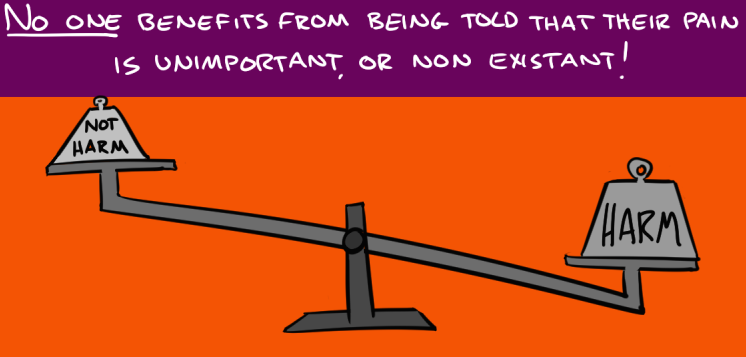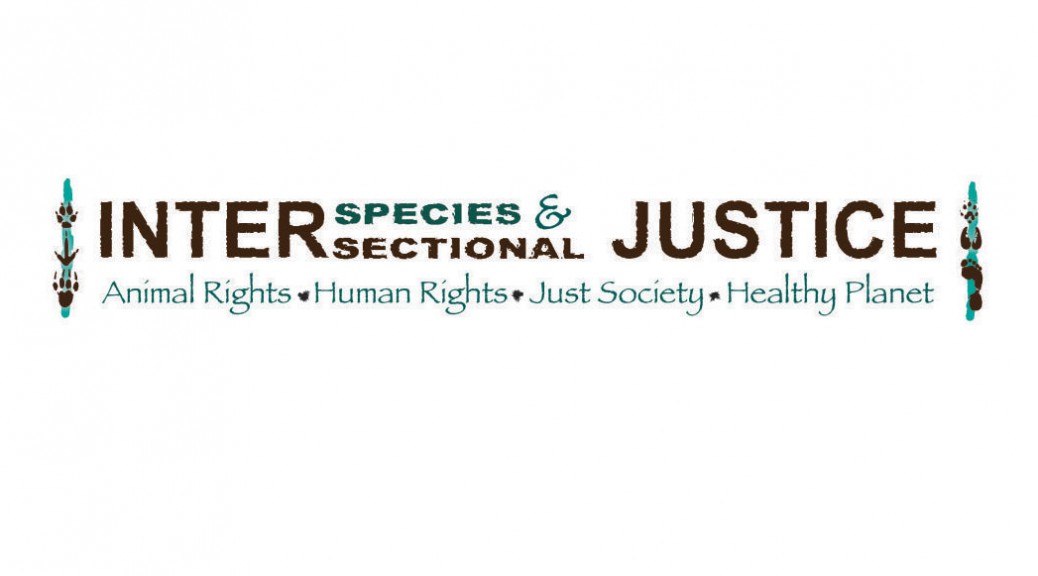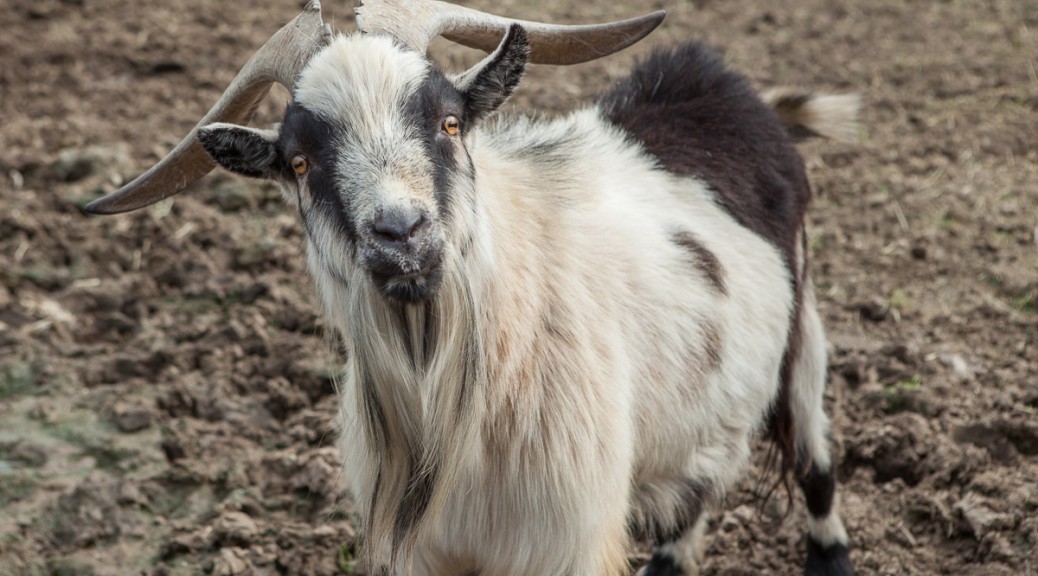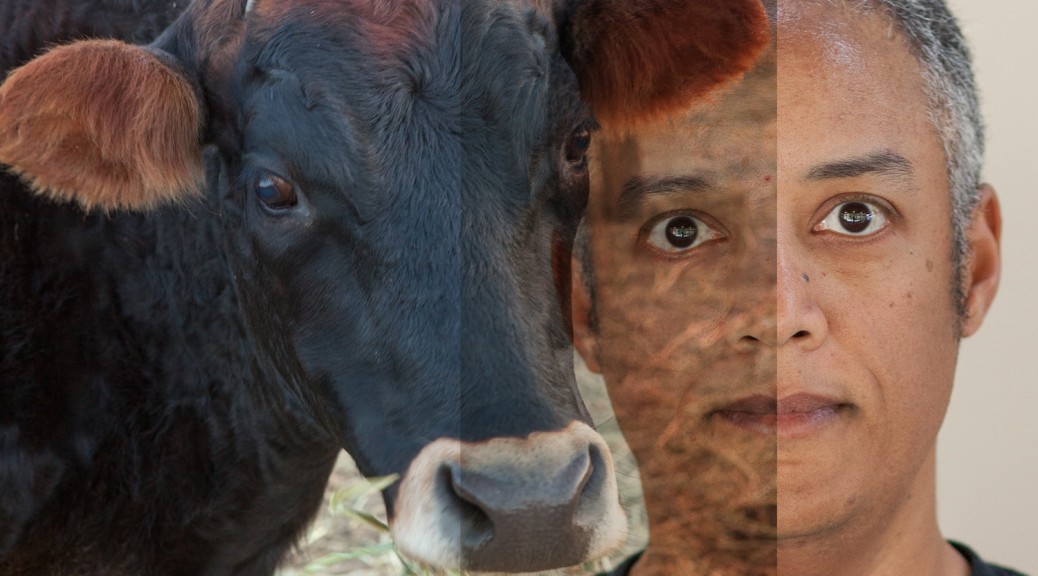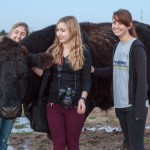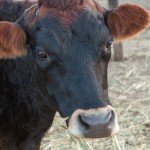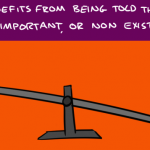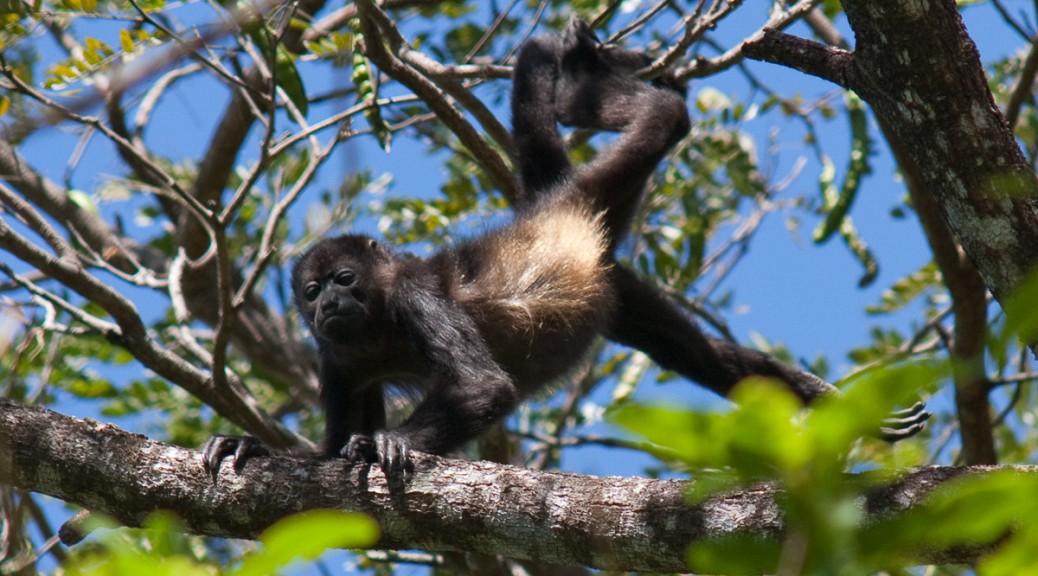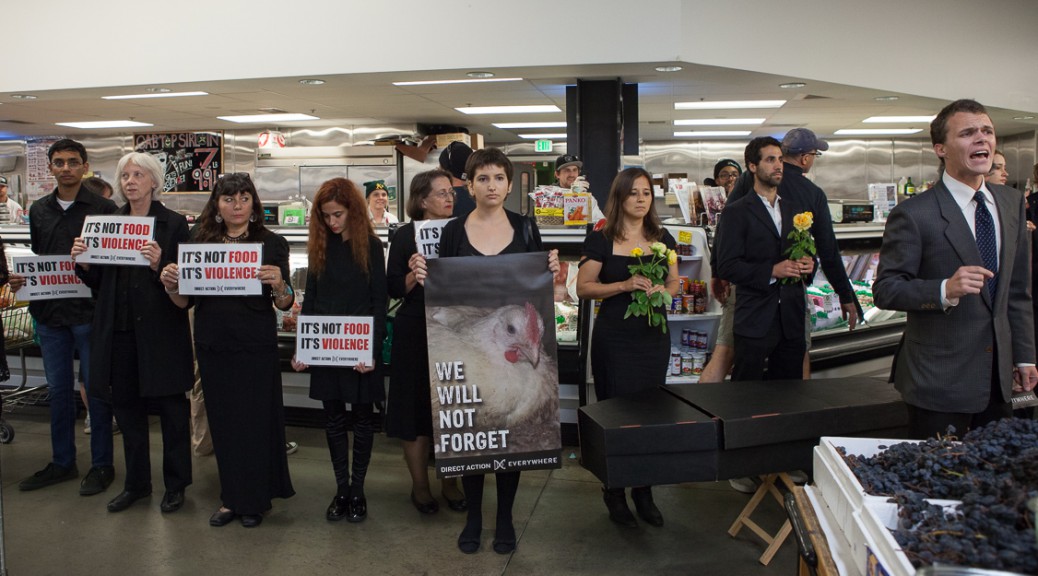[Image: Activists dressed in black stand in a grocery store behind a small coffin, holding flowers and signs reading “We Will Not Forget” and “It’s Not Food It’s Violence.”]
The recent controversy surrounding the animal rights group Direct Action Everywhere, with allegations of harassment and misconduct on both sides (none of which I’m going to link to here), has caused me enough stress to seriously question whether I want to continue with organized animal rights activism. I’m avoiding Facebook for the time being, but I do not want my absence or silence to be misinterpreted. I do not consent to being used as a token to be thrown into a pro- or anti-DxE bucket by anyone.
My thoughts on the situation are too nuanced to be condensed to a hashtag or blanket statement of either support or condemnation, so I’d really appreciate people reading this essay in full before making any judgments on where I stand. I’m not going to approve any comments on this post and I’m not sharing this post on Facebook, though it’s public so others are free to do so. I’d appreciate not being tagged on any shares or comments on Facebook or otherwise dragged into discussions on social media; people can e-mail me directly if they have any questions or concerns.
As I’ve posted before, I came to DxE last fall after Bob Linden kicked DxE co-founder Wayne Hsiung out of the World Vegan Summit. The first action I attended, a funeral for a chicken at Berkeley Bowl, is pictured at the top of this post. I was moved by the action, and happy to be part of a community of people that took speciesism seriously, even while being widely mocked by the general public and other vegans. I began spending more time at the DxE house, as I made friends in the group and felt it was a safe space where I could be free of speciesism and also respected as a queer black trans person.
As time went on, my depression worsened and I started spending less time in public and around other people in general, which meant less time at DxE events. I also no longer felt safe participating in disruptions, as I felt my skin color and trans status put me at greater risk of harassment by the police.
I continued to keep up with DxE on social media, and so was aware of the escalating conflict amidst allegations of sexual harassment by people formerly or currently affiliated with the group. As I was neither target of nor witness to any incidents, I only had the word of others to go by on what happened. Regardless, as a survivor of sexual abuse myself, if someone says they were abused or harassed, I am inclined to believe them.
Some screenshots and snippets of conversations from private messages and closed groups have since been published, which makes me very uncomfortable even if I understand why they were revealed. This is part of why I’m staying off of Facebook right now. I’ve found that regardless of visibility settings, nothing posted on social media is truly private, unfortunately.
Having been involved in online activism for over a year now, I am aware that there are some individuals who have wanted DxE dismantled for some time now, for a number of reasons. However, I am not going to assign all blame for the current situation to those people. Nor am I going to assume that any specific grievances they have are illegitimate based on prior animus toward DxE.
Nor do I suspect infiltrators from animal agriculture of trying to divide the movement. The “movement” is fractured because there is no common end goal. Some activists say that “all true vegans are abolitionists,” but there isn’t even any agreement on what the term “abolitionist” means, much less the term “vegan.” I could write another whole essay on that topic, but for now I’ll just say that I do not believe the current DxE situation came about due to industry infiltration (though I have no proof, admittedly, that it did not).
I also really don’t like any dismissal of this situation as a distraction from “saving animals.” As I’ve written before, I will not rank the oppression of non-human animals as more important than the oppression of humans. Claims of sexism and racism by anyone, in any movement, are very serious and need to be addressed. No one should feel that they must be silent about abuse or micro-aggressions in the interest of furthering the cause of a group.
Ultimately, I do not believe that individuals or organizations as a whole are “good” or “evil.” I especially don’t like the term “evil” as it has religious connotations. Rather, I believe that individual actions have the potential to cause more or less harm. And there’s no doubt that harm has been caused, whether intentional or not, by people on both sides of the current debate. And it’s clear that any efforts to remediate that harm have thus far not been entirely successful.
So where do I stand? For now, I’m going to continue as an independent activist, blogging but not participating in actions. As I’ve never held any official position with DxE, this really isn’t much of a change. I’m aware that some will not be satisfied that I’m serious about anti-oppression unless I sever all ties with friends in DxE, and I’m not going to do that. I’m also aware that some in DxE will be disappointed if I don’t come out with an unequivocal statement of solidarity, but I’m not going to do that either.
Some days I wish I could just rewind the clock to when I was blissfully ignorant of the vast amount of injustice in the world. But I can’t. So I don’t feel that I can give up on activism entirely. I just wish there were a lot more honesty and a lot less hostility in activist communities.
Like this:
Like Loading...
